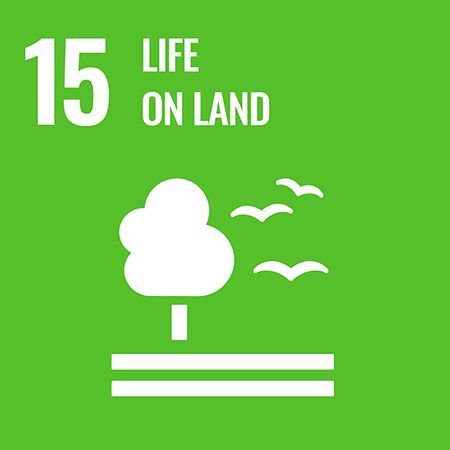Increasing the efficiency and competitiveness of organic crop breeding
Abstract
ECOBREED will improve the availability of seed and varieties suitable for organic and low- input production. Activities will focus on four crop species, selected for their potential contribution to increase competitiveness of the organic sector, i.e. common wheat, potato, soybean and common buckwheat. The project will develop (a) methods, strategies and infrastructures for organic breeding, (b) varieties with improved stress resistance, resource use efficiency and quality and (c) improved methods for the production of high quality organic seed. The objectives are: • To increase the availability of seeds and varieties for the organic and low-input sector • To identify traits and combinations of traits suited to organic and low-input production environment including high nutrient use efficiency and weed competitiveness/allelopathy • To increase breeding activities for organic and low-input crop production. ECOBREED will increase the competitiveness of the organic and low-input breeding and farming sectors by: • Identifying genetic and phenotypic variation in morphological, abiotic/biotic tolerance/resistance and nutritional quality traits that can be used in organic breeding • Evaluation of the potential of genetic variation for enhanced nutrient acquisition • Evaluation of the potential for increased weed competitiveness and control • Optimisation of seed production/multiplication via improved agronomic and seed treatment protocols • Developing efficient, ready-to-use farmer participatory breeding systems • Pre-breeding of elite varieties for improved agronomic performance, biotic/abiotic stress resistance/tolerance and nutritional quality • Development of training programmes in (a) genomic tools/techniques, (b) PPB and (c) use and application of improved phenotyping capabilities. • Ensuring optimum and rapid utilisation and exploitation of project deliverables and innovations by relevant industry and other user/stakeholder groups.
plant breeding organic agriculture wheat soybean potato
Publikationen
Project staff
Heinrich Grausgruber
Ao.Univ.Prof. Dipl.-Ing. Dr.nat.techn. Heinrich Grausgruber
heinrich.grausgruber@boku.ac.at
Tel: +43 1 47654-95711
Project Leader
01.05.2018 - 29.02.2024
Susanne Baumgartner
Susanne Baumgartner B.Sc.
susanne.baumgartner@students.boku.ac.at
Project Staff
01.11.2019 - 29.02.2020
Hermann Bürstmayr
Univ.Prof. Dipl.-Ing. Dr.nat.techn. Hermann Bürstmayr
hermann.buerstmayr@boku.ac.at
Tel: +43 1 47654-97101, 97102
Project Staff
01.05.2018 - 29.02.2024
Franziska Grausgruber
BEd Franziska Grausgruber
franziska.grausgruber@boku.ac.at
Project Staff
10.07.2023 - 11.08.2023
Karin Hage-Ahmed
Dipl.-Ing. Dr. Karin Hage-Ahmed
karin.hageahmed@boku.ac.at
Tel: +43 1 47654-95305
Project Staff
01.05.2018 - 29.02.2024
Johann Vollmann
Ao.Univ.Prof. Dipl.-Ing. Dr.nat.techn. Johann Vollmann
johann.vollmann@boku.ac.at
Tel: +43 1 47654-95717
Project Staff
01.05.2018 - 29.02.2024

